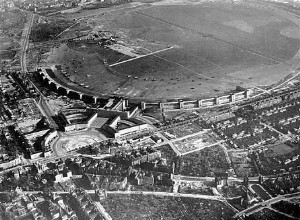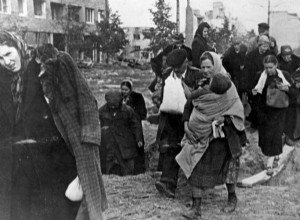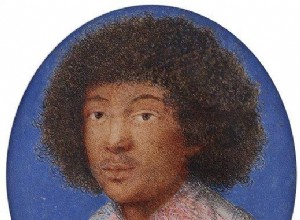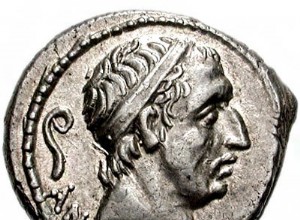After World War I, Germany lost the possibility of developing an air force due to the restrictions imposed by the Treaty of Versailles. The treaty went further, preventing Germany from owning or even building planes for civilian use. Although Germany illegally avoided the ban thanks to the Rapallo t




